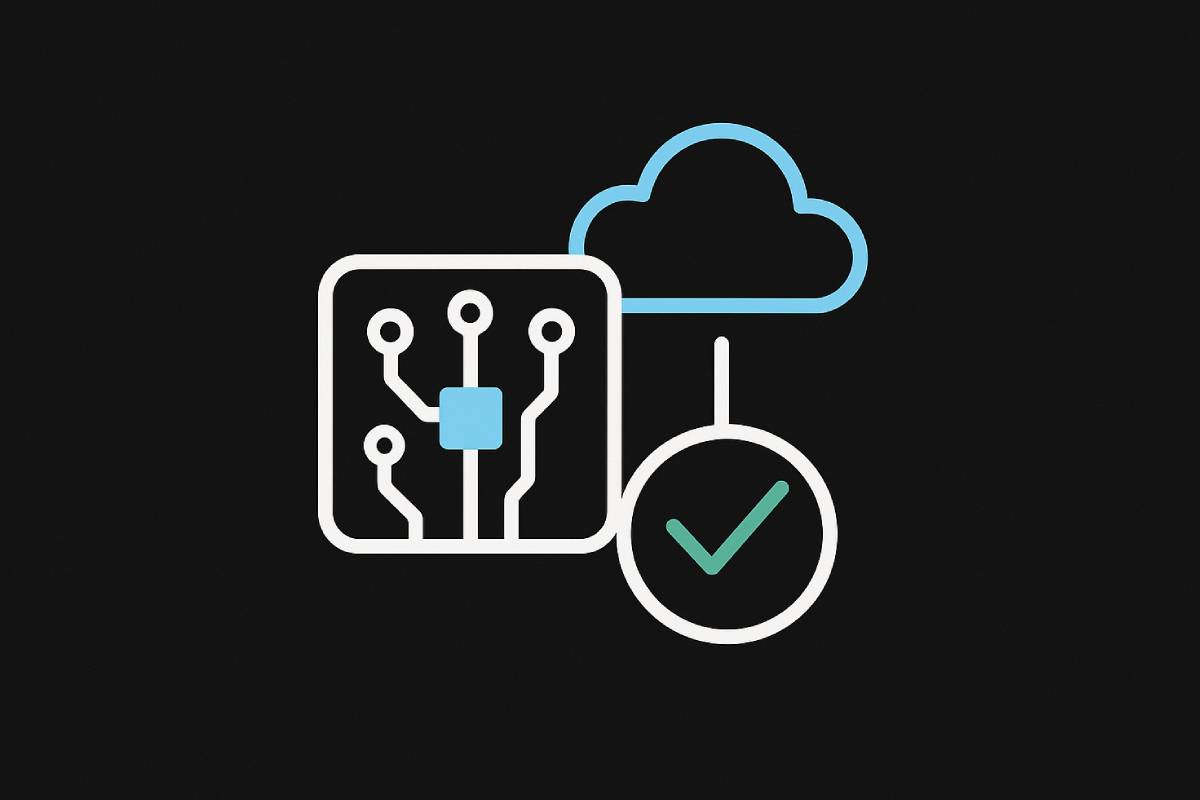
The integration of AI and cloud technologies is reshaping quality control across industries, enhancing efficiency and accuracy. Automated Visual Inspection Services are leading the way, ensuring precise and reliable outputs. This technological evolution promises significant operational improvements in various sectors.
Opsio was founded in 2018 with a clear mission: to help companies grow through smarter use of technology. With a team of over 50 specialized experts, Opsio has completed numerous projects, utilizing platforms like AWS, Azure, GCP and technologies such as AI and ML. Their commitment to transforming businesses through technology is clear in their track record of success. As industries seek precision and efficiency, these technologies offer unmatched capabilities to streamline processes, such as Automated Visual Inspection Services, which are essential for ensuring that products meet high standards, reducing human error and increasing reliability. By leveraging advanced algorithms and scalable cloud platforms, businesses can achieve higher levels of operational excellence.
Enhancing quality control with AI and cloud
AI and cloud technologies work together to elevate quality control standards in various industries. The synergy between these technologies lies in their ability to process large amounts of data quickly and accurately. This integration allows for real-time monitoring and analysis, which is crucial for maintaining consistent quality standards across production lines.
One of the main advantages of combining AI with cloud platforms is the increased accuracy they bring to quality control processes. AI algorithms can detect anomalies that may be missed by human inspection, ensuring that only products meeting the highest standards reach consumers. Meanwhile, cloud technology provides the scalability needed to handle large datasets, facilitating continuous improvement in production methods.
This technological combination also leads to greater efficiency by automating routine inspections and reducing the need for manual intervention. With AI-driven insights accessible through cloud services, businesses can quickly adapt to changing conditions and improve their response times to potential issues.
Applications of AI-driven solutions in industries
Industries like manufacturing, logistics and healthcare are experiencing significant progress thanks to AI-powered quality control solutions. In manufacturing, AI systems help identify defects in products at various points during production, ensuring high-quality results. This not only boosts product reliability but also cuts waste by catching issues early in the process.
In logistics, cloud-based AI tools optimize supply chain operations by predicting potential disruptions before they occur. This proactive approach enables companies to maintain smooth operations while minimizing delays. Additionally, healthcare institutions use AI for monitoring patient data and improving diagnostic accuracy, thereby enhancing patient care outcomes.
These examples demonstrate how diverse sectors can benefit from integrating AI and cloud technologies into their quality control frameworks. The adaptability of these solutions makes them suitable for a wide range of applications, driving innovation across different fields.
Streamlining operations with advanced analytics
Implementing AI and cloud technologies significantly streamlines business operations by reducing human error and enhancing precision. Data analytics plays a crucial role in this process by providing valuable insights into production trends and potential areas for improvement.
By leveraging machine learning capabilities, organizations can predict quality issues before they arise, allowing for timely interventions that prevent costly disruptions. This predictive approach not only saves resources but also ensures that production remains aligned with market demands.
What’s more, MLOps Solutions further contribute to operational efficiency by automating deployment processes and maintaining model consistency across various environments. This integration simplifies workflows, enabling companies to focus on core activities while maintaining high-quality standards.
Trends shaping the future of quality control
The future of quality control is set for continued transformation as emerging trends in AI and cloud technologies develop. Advances in machine learning algorithms promise even greater accuracy in detecting defects and anomalies, further enhancing product reliability.
Additionally, the increasing adoption of Internet of Things (IoT) devices within industrial settings offers new opportunities for real-time data collection and analysis. These developments provide businesses with more comprehensive insights into their operations, supporting informed decision-making processes.
As companies seek to remain competitive in an evolving market landscape, embracing these technological advancements will be crucial. By staying at the forefront of innovation, businesses can ensure they deliver superior products while optimizing their resources efficiently.
